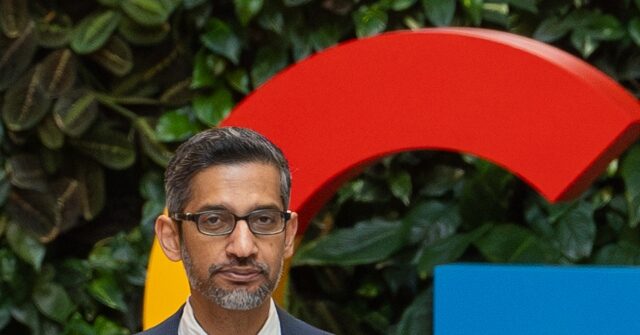


Online education company Chegg has filed a lawsuit against Google in federal district court, claiming that the search giant’s AI-generated summaries of search results have devastated Chegg’s web traffic and revenue. Worse yet, Chegg claims Google used its vast database of educational materials to train the AI that is now killing its traffic and revenue performance.
CNBC reports that on Monday, Chegg, a prominent online education platform, took legal action against Google by filing a lawsuit in federal district court. The complaint alleges that Google’s AI Overviews, which provide artificial intelligence-generated summaries of search results, have caused substantial harm to Chegg’s web traffic and revenue.
Chegg President and CEO Nathan Schultz argues that Google’s monopoly power forces companies like Chegg to supply their proprietary content to be included in search results, while the search giant reaps the financial benefits without investing in the content creation process. Despite the lawsuit, Chegg has its own AI strategy, leveraging open-source models from Meta, as well as models from Anthropic and Mistral. The company also has a partnership with OpenAI, which it views as a competitor alongside Google.
Google’s AI Overviews, available in over 100 countries and used by more than 1 billion users, appear above links to other pages in search results. Chegg claimed that Google used its collection of 135 million questions and answers across various subjects to train its AI models. The complaint included a screenshot of a Google AI Overview that borrows information from Chegg’s website without proper attribution, although the relevant Chegg page does appear lower in the search results.
Chegg’s lawsuit cites a federal judge’s ruling from August 2020, which determined that Google holds a monopoly in the search market. The decision followed a landmark case filed by the Department of Justice, alleging that Google maintained its dominance in the general search market by creating strong barriers to entry and a self-sustaining feedback loop.
In the fourth quarter, Chegg reported a net loss of $6.1 million on revenue of $143.5 million, representing a 24 percent year-over-year decline. The company’s management provided guidance for the first quarter, projecting revenue between $114 million and $116 million, falling short of analysts’ expectations of $138.1 million. Following the announcement, Chegg’s stock experienced a 24 percent drop in extended trading.
Read more at CNBC here.
Lucas Nolan is a reporter for Breitbart News covering issues of free speech and online censorship.
